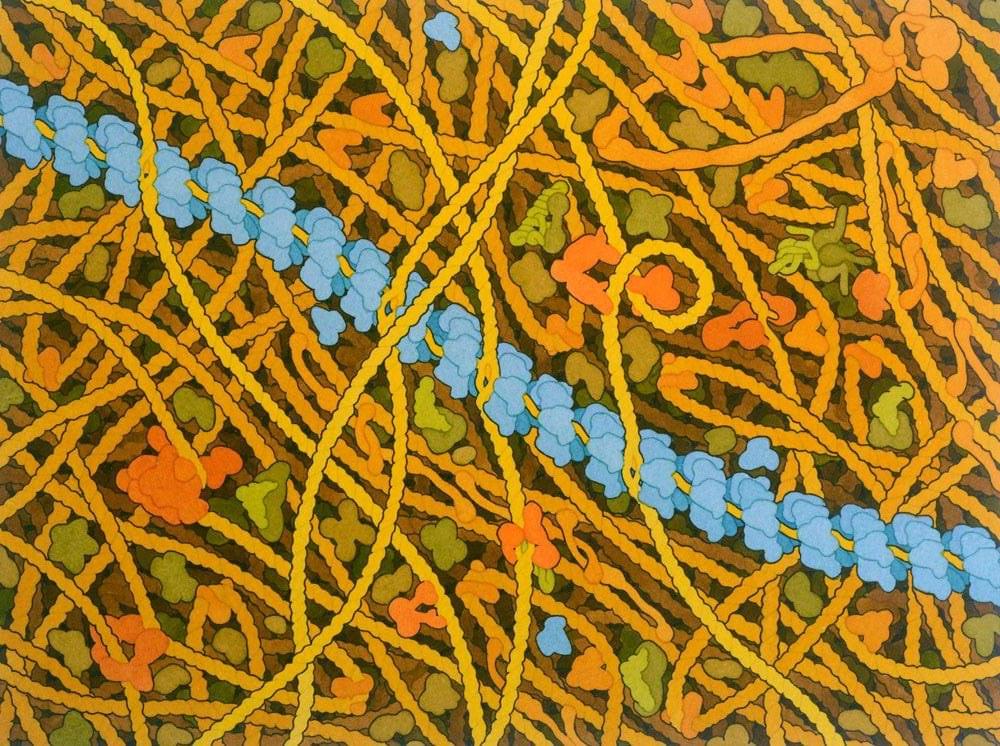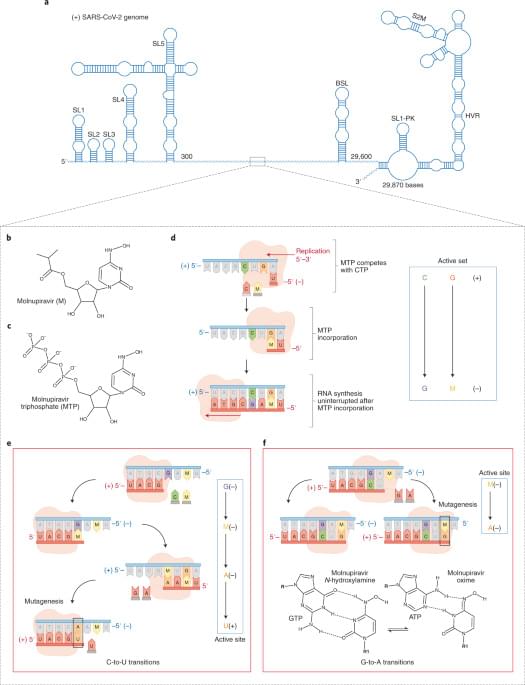Civilian Space Development has kicked-off: the work begins now!
Newsletter 17.09.2021 by Bernard Foing & Adriano V. Autino
During the last months we have seen the first civilian passengers fly to space, onboard Blue Origin and Virgin Galactic vehicles. September 15th, four civilian astronauts, onboard a Space X Dragon capsule, passed the 500 km orbit, more than 100 km higher than the ISS.In 2016 we started to publicly talk about and promote Civilian Space Development, while the whole space community kept on talking only about space exploration. Earlier, in 2,008 we founded the Space Renaissance movement, and a couple of years later the Space Renaissance International, as a philosophical association targeted to complete the Kopernican Revolution, supporting the Civilization expansion into space. Nowadays the concept of civilian space flight is everywhere on the media, and many people in the space community talk about a space renaissance. Of course the Coronavirus pandemics accelerated the awareness of the urgency to expand humanity into outer space. And space tourism — the first stage of civilian space settlement — is now a reality, in its first steps.
Of course nobody could be more happy than ourselves, for the above development, and of course**2 we want to congratulate with Elon, Richard and Jeff, for such a great achievement!
So, may we consider that our mission has been completed? Let’s see.
Firstly, were those crews composed by regular travelers, like normal air-flight passengers? Not exactly. The Inspiration4 crew members received astronaut training, for many months, including lessons in orbital mechanics, operating in a microgravity, stress testing, emergency preparedness training, and mission simulations. They have studied over 90 different kinds of training guides and manuals and lessons to learn to fly Crew Dragon, and what to do under emergency situations. The legal aspects are not clear: did FAA quickly authorize Space X and Blue Origin to deal commercial space flights? Doubt is more than legitimate, considering the long procedure followed by Virgin Galactic to be authorized to transport paying passengers in space. Likely, these first “civilian” passengers — like the first orbital tourist Dennis Tito did in 2001 — accepted conditions similar to the military astronauts (i.e. zero rights and warrants).
Therefore, we cannot say that the first “civilians” has gone to space. Yes, they are not military, but (i) they needed a hard astronautic training and (ii) they don’t have the rights and warrants given by air-flight companies to their passengers. It means, basically, that the vehicles are still more suitable to transport astronauts means than civilian passengers.
A lot of work is still to be done, to allow civilians to travel, live and work in space. And the real implementation of such work depends mostly on the right political decisions, and from the support by public opinion. We still need to fight against the fake news, the opposers, the misconceptions, the so many apparently reasonable objections to human expansion into outer space.






